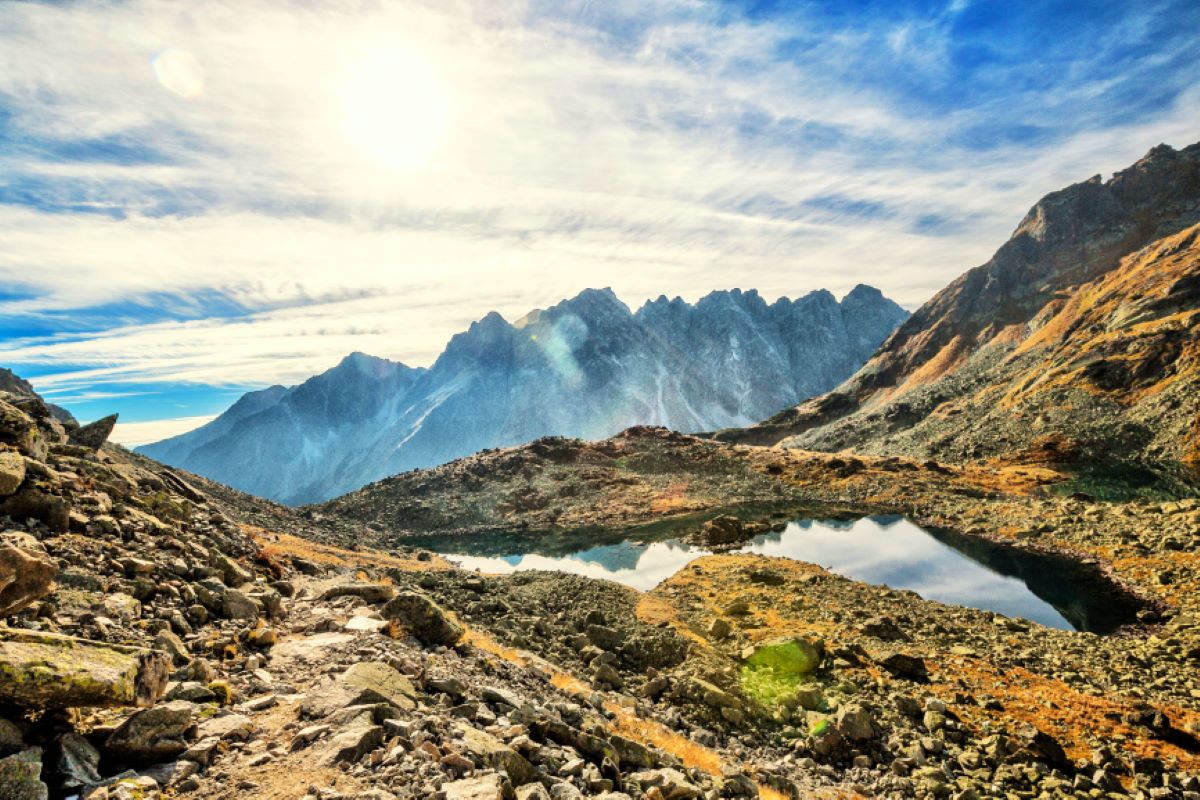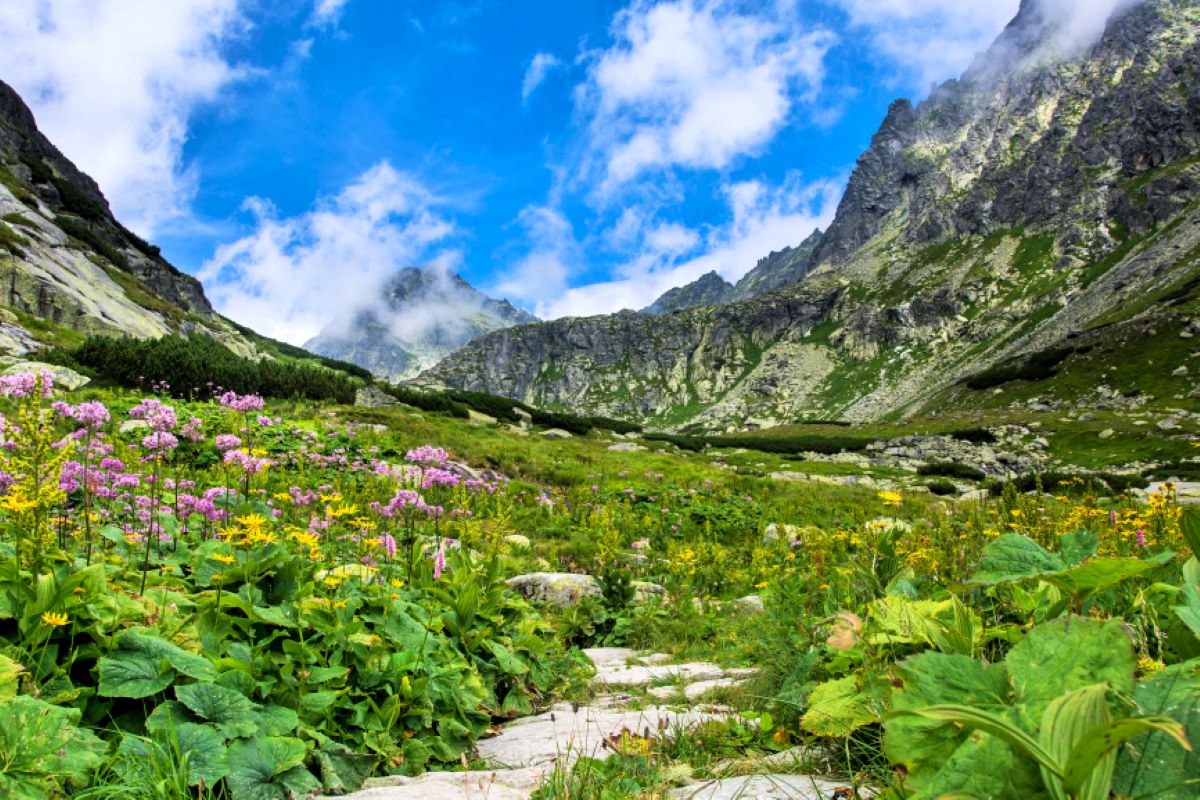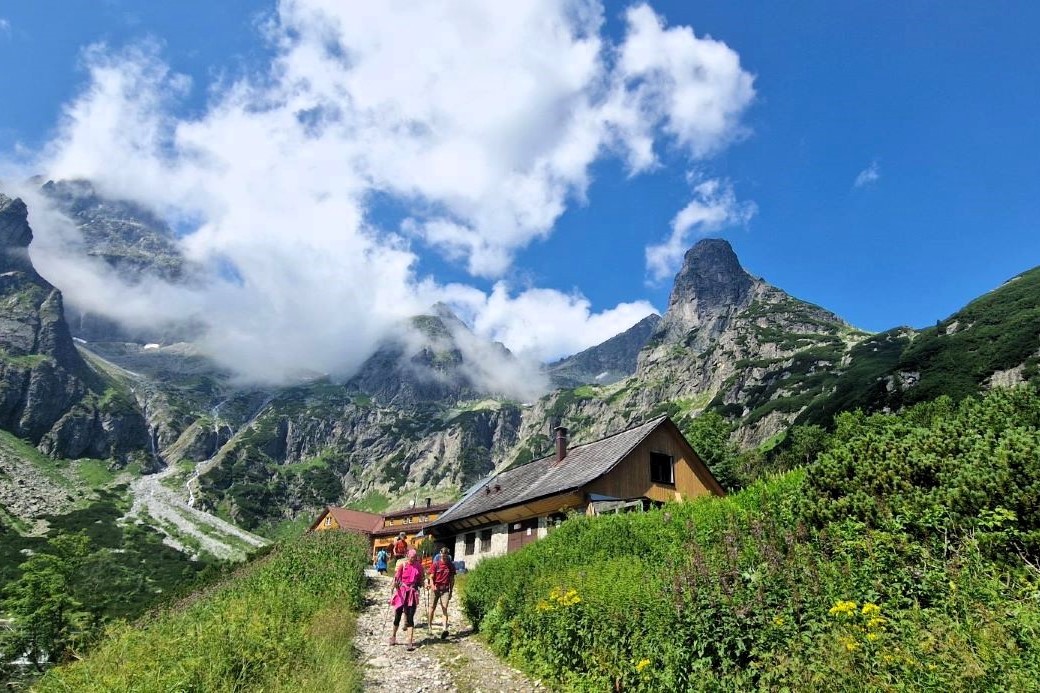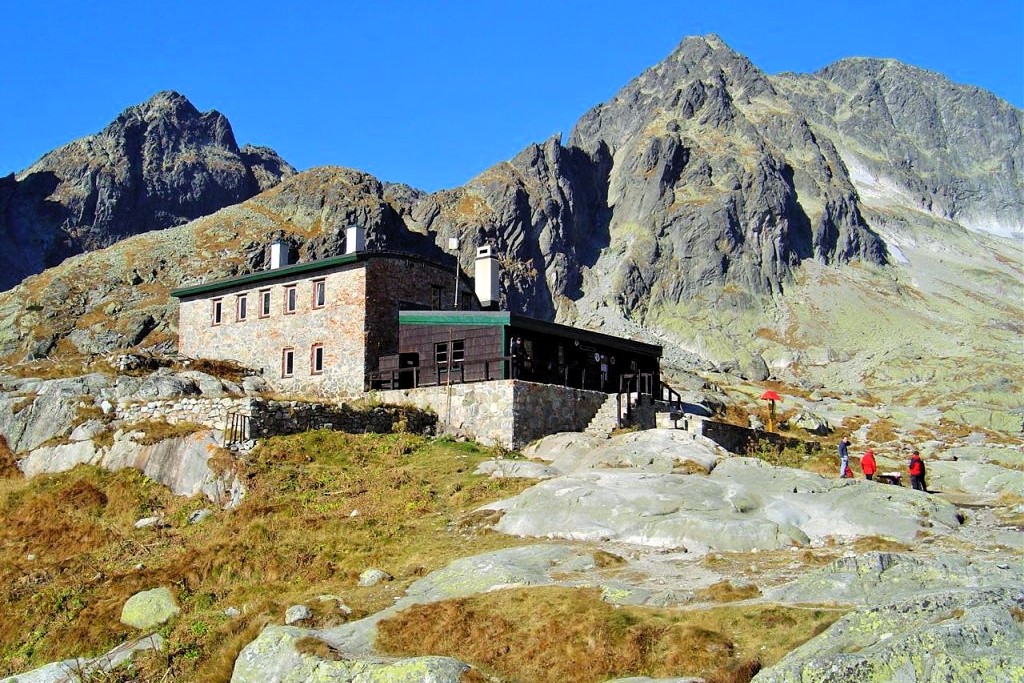Summary
Hiking in the West Carpathian Mountains is a highly popular outdoor activity involving thousands of people every year. Due to its attractiveness and relatively low entry level, the difficulty of hiking is often underestimated. Hike Smart aims to promote safety in hiking activities in the West Carpathian Mountains by increasing relevant competences and expertise. Increase competence in organizing hikes in different terrains and high mountains through the exchange of good practices during the international training and knowledge to ensure safety in hiking in various scenarios, different weathers weather conditions, trails, levels of group preparedness. You’ll also connect and share memorable moments with other young people from various European countries.
Participant Profile
Location
Hiking
The High Tatras (Vysoké Tatry) is an iconic mountain range in Slovakia. Picture lush forests, waterfalls and rocky paths leading to pristine alpine lakes with scenic mountain views. The High Tatras, having 29 peaks over 2,500 metres AMSL are, with the Southern Carpathians, the only mountain ranges with an alpine character and habitats in the entire 1,200 kilometres length of the Carpathian Mountains system. The highest peak is Gerlachovský štít, at 2,655 metres. Hiking in the High Tatras is an excellent way to explore mountain hiking.




